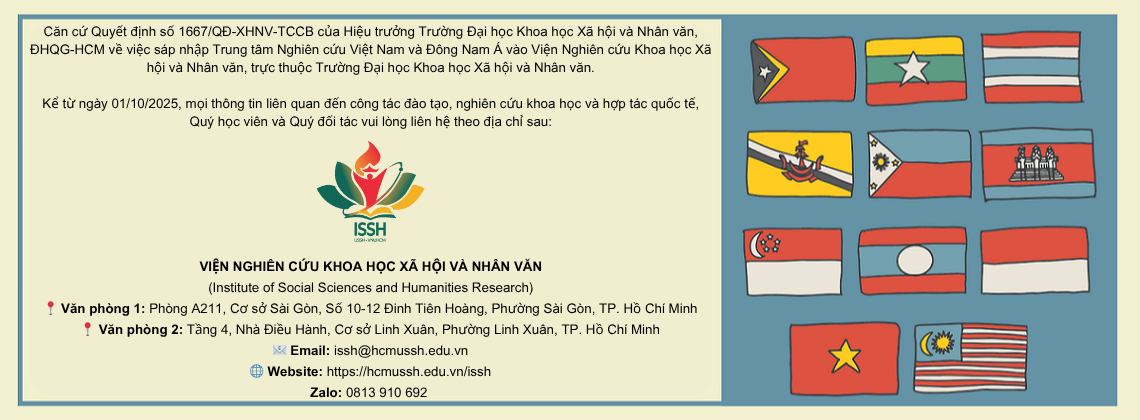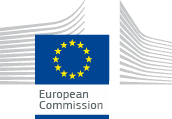REPORT ON THE FIELD TRIP ABOUT CHAM MANUSCRIPTS IN THE CENTRAL AREA OF VIETNAM
, 29/01/2016 13:01On July 28th, 2015 a report on the field trip of the research Group from Ecole Francaise d’Extreme – Orient (EFEO) with the topic “Report on the field trip about Cham Manuscripts in the Central Area, Vietnam” took place in the room D102, hosted by the Center for Vietnamese and Southeast Asian Studies (CVSEAS), USSH, VNU – HCMC. On behalf of the research group, Dr. Amadine Lepoutre reported on the field trip.
Participants of the report consisted of Prof. Dr. Thanh Phan, Vice President of CVSEAS - the leader of the research group, Mr. Tran Van Dung , Vice Chairman of Foreign Affairs Committee of Vietnam Federation of UNESCO Associations, Mr. Nguyen Trong Co, Vice Director and Vice Chairman UNESCO Club, Mr. Pascal Bourdeaux, French cultural Attache, Director of Ecole Francaise d’Extreme – Orient in Ho Chi Minh City, Mr. Dang Nang Hoa, MA., Lecturer of the Faculty of Sociology – Social Work – Southeast Asia Studies, Open University – Ho Chi Minh City and graduates, post graduates of USSH.
The report emphasized conservation and improvement of manuscripts of Cham people in the Central Area of Vietnam. Dr. Amadine concentrated on real situations in the research process and had a detailed analysis of manuscripts that was found in several provinces in the Centre such as vestiges in Hon Cuc, Chiem Son, Thanh Bich and Sa Mo (Quang Nam province); vestiges in Phong Nha – Ke Bang (Quang Binh Province); vestiges in Ha Trung (Quang Tri Province); vestiges in Linh Thai, Niem Pho and Van The (Thua Thien Hue Province), Cham Museum in Da Nang City, Binh Dinh Province and Khanh Hoa Province. She also analysed, summarized and proposed feasible solutions that can be applied to areas they researched for the purpose of conserving and improving special cultural values of Inscriptions of Cham people firmly in each province.
This is a report on field trip about conserving Cham Culture in general, conserving long-term Cham historical inscription in the Centre in particular.
The result of the research has made a contribution to science documentation of Cham people in Vietnam and Southeast Asia. Specially, the research group has dedicated significantly to science documentation related to Cham history, language, culture in Vietnam and Southeast Asia as well as helping local authorities acquiring a science basis to pursue policies relevant to conserving historic vestiges there.














